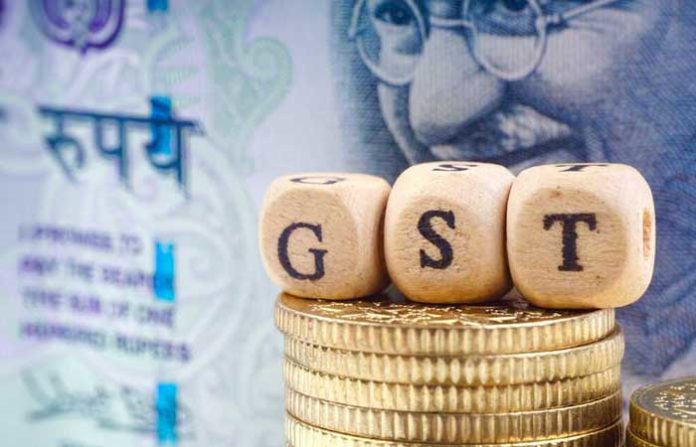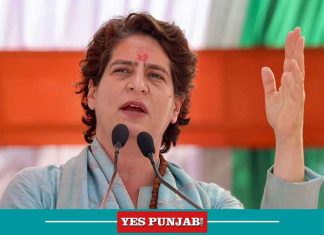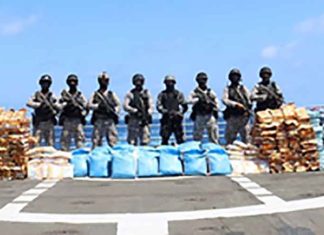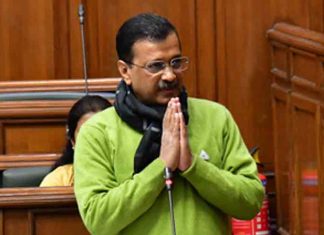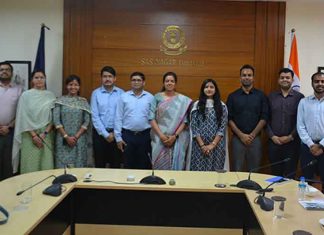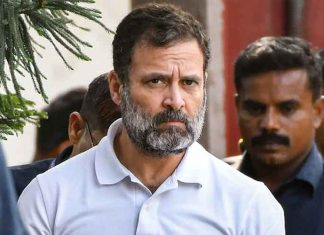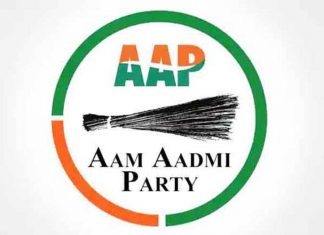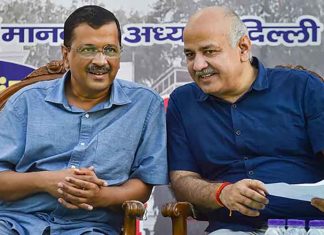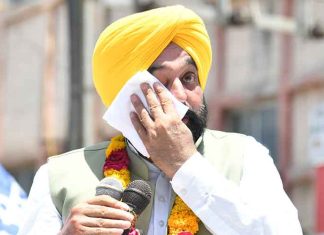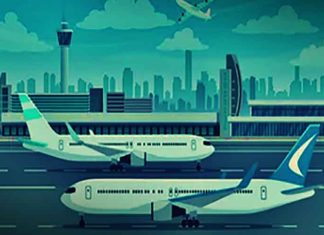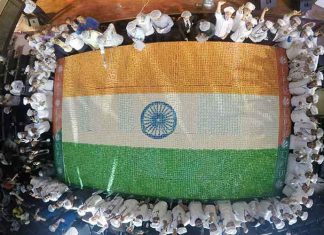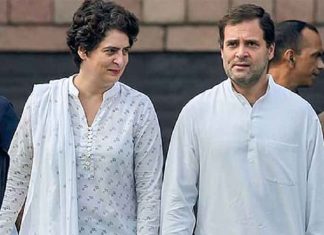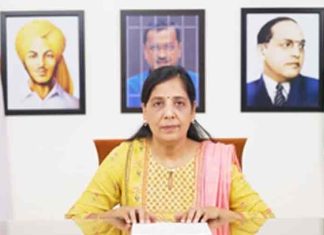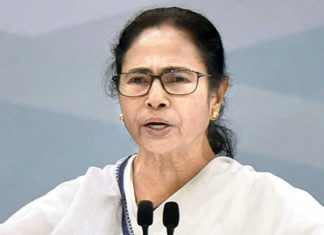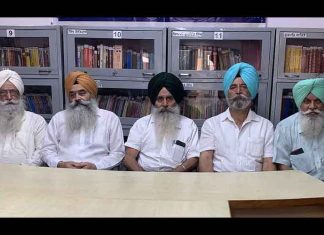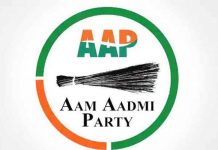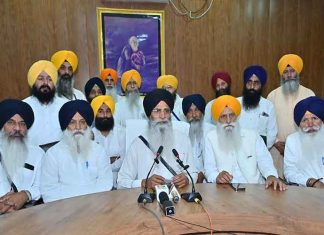New Delhi, May 23, 2020-
The Finance Ministry has ruled out GST waiver or deference to businesses as part of the economic relief package to help them cope with the situation arising in the wake of Covid-19 pandemic and the resultant nationwide lockdown.
In discussions within the ministry, it has been said that Goods and Sales Tax exemption or deferral is not required as it would not given any benefit to industry but seriously impact the revenues of both the states and the Centre.
With the Centre announcing a mega relief package of Rs 20 lakh crore as part of the Atmanirbhar Bharat Abhiyan, there have been oft-repeated demands for the GST wavier, this time for a period of six months. The argument given is that GST exemption would lead to revival of demand due to reduction in prices and hence benefit in the fight against Covid-19.
The government has provided exemption and moratorium on payment of various taxes and debt as part of the package.
Contrary to what is being suggested, government sources said on the condition of anonymity that GST exemption would seriously jeopardise the industry’s interests and not result in any significant gains to consumers.
Therefore, there is no point to exempt businesses from this tax that would lead to blocked input tax credit (ITC), resulting in increase in manufacturing cost and a higher price for consumers.
“Hopefully, the Centre is not considering the demand. Exemption of GST on the final product is never a good idea. It distorts the value chain. It does not necessary lead to reduction in prices. In fact, it adversely impacts domestic industry,” Najib Shah, former chairman, Central Board of Indirect Taxes and Customs (CBIC), told.
The issue for GST exemption has surfaced particularly with respect to items needed in the fight against the pandemic: Ventilators, personal protection equipment (PPE), Covid-19 test kits, sanitisers, etc.
At present, the liability of the inputs “be it 5% or 12% or 18%” is more than offset when discharging the 5% or 12% GST liability on PPE or ventilator, the entire liability being ‘paid’ by the credit of taxes accumulated at the earlier stages of manufacture.
If GST is exempted, this credit facility will be unavailable, leading to higher final price of the equipment.
In the past also, when the GST exemption on sanitary napkin was allowed, it led to similar hardship for domestic manufacturers of sanitary napkins. Later, domestic industry complained of adversity.
It is also equally important to keep in mind that GST waiver provides much larger incentive for imports because imports do not come with any baggage of input side taxes compared with the domestic supply.
GST provides a level playing field to domestic industry vis-a-vis the imports.
Illustratively, waiver of tax on a mobile would mean that domestically produced mobile phone has suffered the taxes on its inputs, while the imported mobile phone does not. Hence, imported mobile would be cheaper, making the domestic one non-competitive.
“Any decision to review the GST rates cannot be taken unilaterally by the central government. It is the recommendation of the GST Council that prevails in respect of GST rates. With the situation of dire economic crises and states requiring resources more than ever to deal with the post Covid-19 pandemic situation, the Council may not have comfort of this option. It is an option that causes hardship to the businesses and the state finances, while providing virtually no relief to customer in the first place.”
States GST revenue may see steep fall of 80-90 per cent in April, the first full month of lockdown that saw business and economic activity coming to a standstill. (Agency)
For YesPunjab updates on TELEGRAM, download TELEGRAM and CLICK HERE TO SUBSCRIBE



